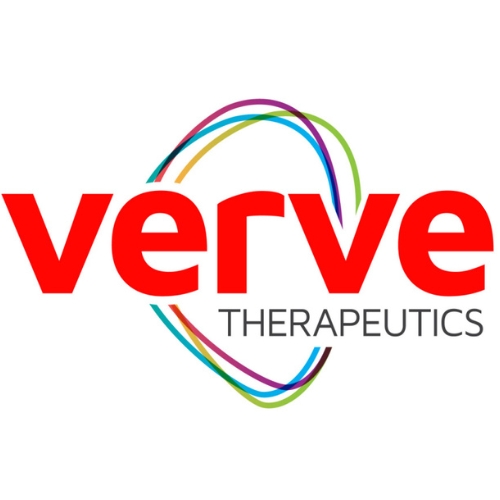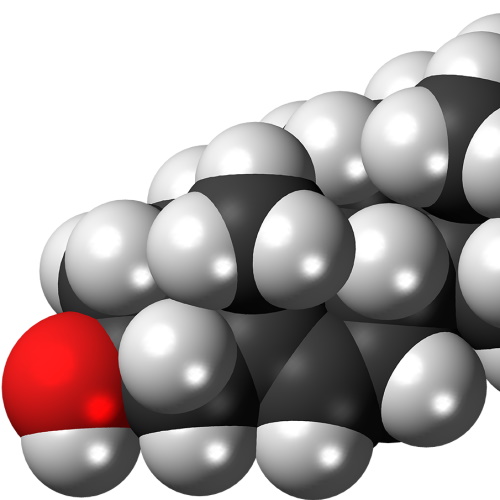Key points from article :
Verve Therapeutics' one-time CRISPR gene-editing treatment has successfully lowered cholesterol levels in a small initial trial.
Treatment uses a variant of CRISPR known as base editing, which reduces the risk of unwanted mutations compared to standard CRISPR.
Involves injecting lipid nanoparticles carrying RNAs into the body, making it potentially cheaper and more widely accessible.
The treatment targets a gene called PCSK9, which plays a role in regulating cholesterol levels.
Promising results, with LDL cholesterol levels dropping by 39 to 55% in patients who received the highest doses.
Effects lasted for six months since the first participant was treated, suggesting potential longevity.
However, safety concerns have arisen after one patient experienced a heart attack a day after receiving a high dose.
Verve is planning further trials to assess safety thoroughly.
“It’s early but could open the way for an entire new way to treat heart disease,” CEO Sek Kathiresan.







